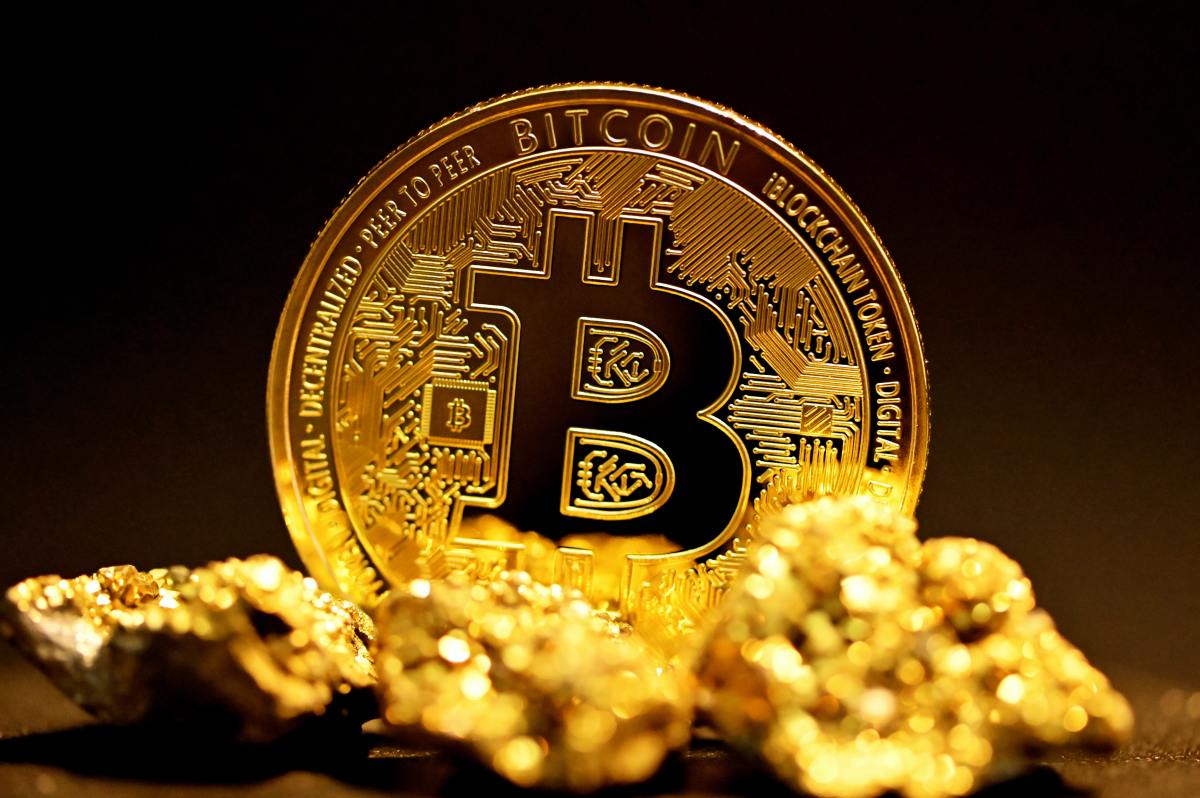
Exploring the World of Digital Currency Exchangers
What Is a Digital Currency Exchanger?
A digital currency exchanger (DCE) is a person or business that functions as an online market maker and exchanges legal tender and other electronic currencies for electronic currencies, and vice versa, for a commission.
Understanding Digital Currency Exchangers
Most exchanges happen online rather than at physical locations.
A DCE assesses a commission for this type of transaction. This commission can be in the form of a set fee or percentage, taking the bid/ask spread. Exchangers may also accept payment by credit card, cryptocurrency, wire transfers, money orders, and other payment methods. DCEs are also known as cryptocurrency (crypto) exchanges.
Digital currency exchangers might send funds directly to an investor's digital wallet or convert currencies to prepaid cards, which can be used to withdraw cash from automated teller machines (ATM).

Digital currencies operate as self-governed currencies, unlike fiat money, which is legally sanctioned by a government.
For example, digital gold currency (DGC) is an electronic currency that has its value dependent upon the gold bullion price. DCG offers the user the same hedge against inflation as tangible ownership of gold but is purported to be more secure and convenient than holding the physical commodity.
Investors should be well aware of the dangers associated with digital currency exchangers. Global regulation of electronic currency varies, and its advent is still relatively young.
As Bitcoin Magazine opined, "Things have already begun to heat up as countries around the globe grapple with cryptocurrencies and try to determine how they are going to treat them. Some are welcoming; others are apprehensive. And some nations are downright antagonistic."
Recent Developments in Digital Currency Exchange
Digital currency exchangers are in a time of transition with the rise of cryptocurrencies like Bitcoin, Litecoin, Ethereum, and others.

There are many distinct digital exchanges, some more reliable than others. Most of the exchanges are privately held businesses, which makes access to financial information and company management troublesome. Also, due to the newness of cryptocurrency, many exchanges have only been in business for a few years.
DCEs vary on the fees or commissions that they charge consumers, as well as the currencies or cryptocurrency they accept. Trades, as well as holding an open account, may incur a fee from these providers. Users are advised to research available digital currency exchanges and compare the posted fees and commissions before establishing an account.
Regulators in the U.S., U.K., Europe, Asia, and elsewhere seem to be finally contending with the fact that companies operating in this fast-evolving market need to be regulated more definitively. According to Valdis Dombrovskis, vice president of the European Commission, and reported by Reuters, "There are clear risks for investors and consumers associated to price volatility, including the risk of complete loss of investment, operational and security failures, market manipulation, and liability gaps."
Investing in cryptocurrencies and other Initial Coin Offerings (“ICOs”) is highly hazardous and speculative, and this article is not a recommendation by Investopedia or the writer to invest in cryptocurrencies or other ICOs. Since each individual's circumstance is unique, a qualified professional should always be consulted before making any financial decisions. Investopedia makes no representations or warranties as to the accuracy or timeliness of the information contained herein.


